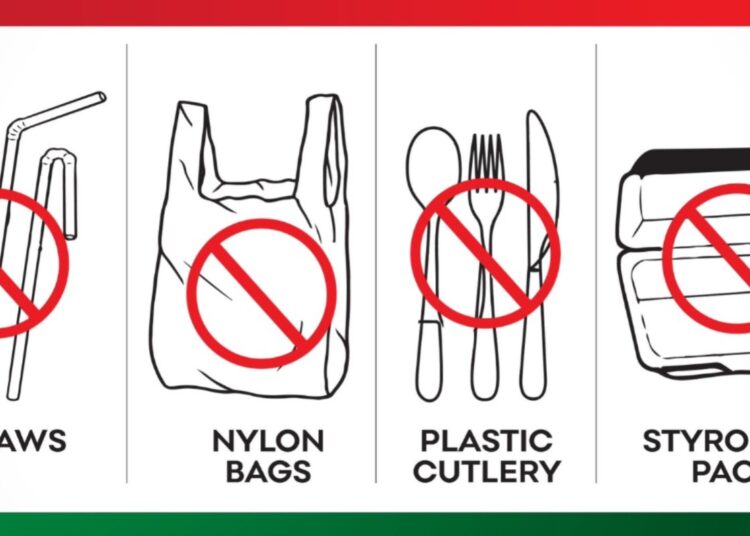The Lagos State government has reaffirmed its readiness by January 2025 to enforce the ban on Styrofoam and other Single-Use Plastics (SUPs) it previously banned since January 2024.
The state said it was commitment to managing plastic waste through the adoption of mandatory Extended Producer Responsibility (EPR) for polyethylene terephthalate (PET), sachets, and carrier bags of no less than 40 microns.
Commissioner for the Environment and Water Resources in the state, Hon. Tokunbo Wahab who disclosed this on his verified X handle on Friday evening, said the decision followed an engagement workshop held on Thursday, October 3, in Ikeja, the Lagos State capital.
Wahab stressed that the plastics management initiative will be supported through the creation of a Plastic Waste Management Fund as a collaborative effort between the State, Producers, and Producers Responsibility Organisations (PROs).
“The fund will be financed by contributions from producers and major importers and will be jointly managed to address plastic waste challenges in the state.
“Additionally, Styrofoam and other Single-Use Plastics (SUPs) that have been banned since January 2024, will have enforcement of the ban commencing in January 2025 after the one-year moratorium period.
“The SUPs affected include Styrofoam plates and cups, straws, single-use plastic cutlery, and nylon bags less than 40 microns,” he said.
He stressed that the workshop was designed to consolidate the agreements reached during previous stakeholders’ consultation, and to launch a comprehensive advocacy and enlightenment campaign on the policy.
Wahab added that this initiative aims to raise awareness and ensure that producers, stakeholders, and the public were fully informed and aligned with the State’s commitment to sustainable plastic waste management.
In a similar post, the Commissioner stated that Lagos State generates over 13,000 tonnes of waste daily with a significant percentage being single-use plastics and Styrofoam.
He added that these plastics have been scientifically proven to take up to a thousand years before decaying.
He further expressed determination of the government to encourage viable alternatives to Styrofoam containers across the state.
Wahab maintained that Lagos had witnessed direct devastating effects of plastic pollution as it affects air quality, clogs the waterways, and poses long-term health risks to the citizens.
He maintained that the resolve to ban these products was a critical step toward climate action, sustainable waste management, and improving the overall quality of life in the communities.





